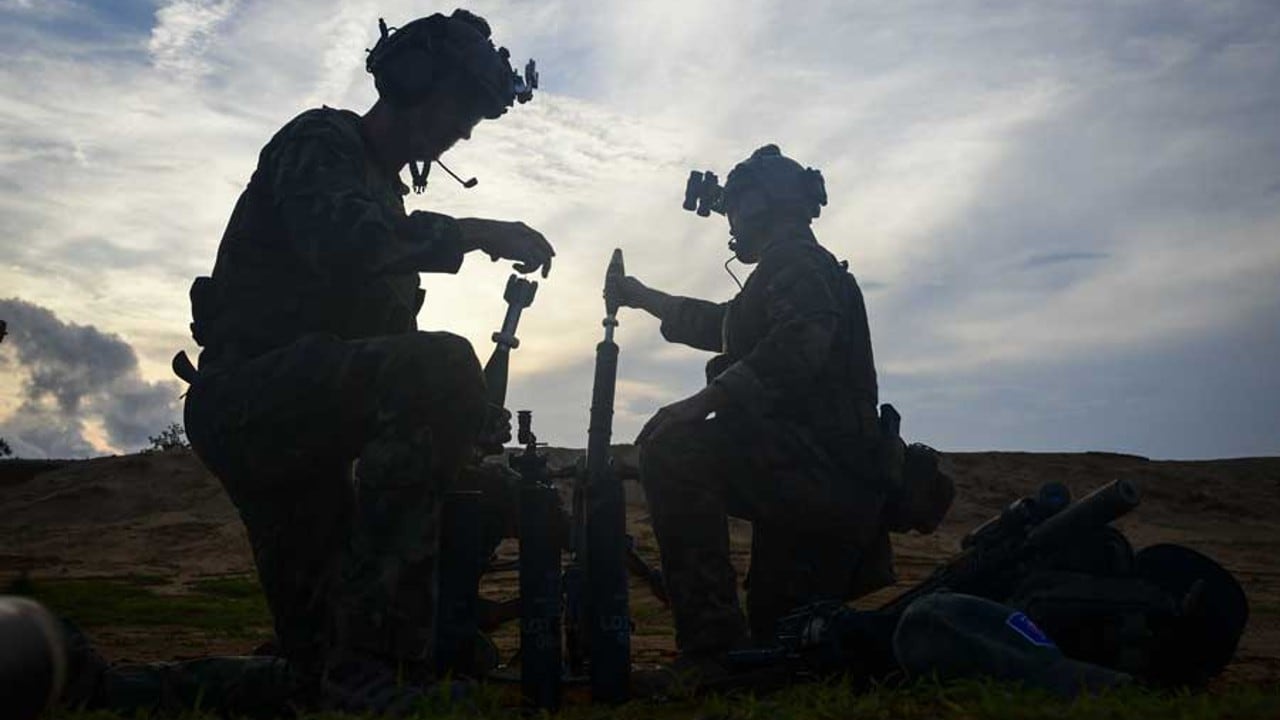To help remove toxic leaders, the Marine Corps is testing out a 360 degree review in an attempt to give Marines honest feedback from superiors, peers and juniors.
It is hoped Marine who are reviewed will receive more honest feedback on strengths and flaws than is allowed within the current fitness report system.
“Fitness reports, however, provide critically important but limited insights into a Marine’s strengths and weaknesses,” Marine Corps Commandant Gen. David Berger wrote in the Corps’ Talent Management 2030 document, released in early November. “At present, the FITREP captures only the positive views of two supervisors who, in some cases, are not co-located with the Marine reported on or only had limited observation of them.”
The 360 reviews will also be used by promotion and leadership boards to ensure that the Corps is not promoting leaders who create toxic work environments for those they lead while looking like they do a good job to superiors.
In 2022 the Corps will launch a pilot program focusing on about 200 field grade officers and senior enlisted Marines, Lt. Col. Jim Armstrong, who work with Marine Corps Manpower and Reserve Affairs, told reporters on Monday.
RELATED

It will primarily be used as a professional development tool, Armstrong said, allowing leaders to see what subordinates and peers actually think about their abilities and weaknesses.
“Our initiative is focused on providing the individual Marine with additional insight on hidden strengths and unidentified weaknesses and then to provide them coaching as they learn to address that,” Armstrong told reporters on Monday.
“The critical factor, again, is the development of that leader in order to make sure that we’re maximizing the talents and skills of those individuals that we’ve recruited into our service,” he added.
Once Marines receive the review, the Corps will offer coaching to hopefully improve upon weaknesses.
“Our expectation is that our Marines will see their participation in these reviews as a valuable developmental tool assisting our Marine Leaders to identify their hidden strengths and unidentified weaknesses with real, honest feedback and coaching to further develop and advance the capabilities of our Force,” Armstrong added.
The Corps plans on using the pilot program to narrow down the exact questions that should be asked during the review, Armstrong said.
“If the results of this pilot affirm that expectation, then we would look to expand availability to Marines of additional ranks and leadership roles,” Armstrong said in a Tuesday email.
Toxic leaders
Though the tool primarily will be used to help Marine leaders improve, it will also work to weed out toxic leaders.
It’s “proven means for identifying traits of toxic leadership and can help reduce the incidence of toxic leaders advancing to senior levels within the service,” Berger said in the talent management document.
The Corps is looking to weed out toxic leaders as part of its efforts to increase retention within the force.
As it prepares for a potential fight against a near-peer opponent, the Marine Corps hopes to increase the maturity, physical ability and training of the force.
The new strategy sees Marines fighting in small highly dispersed units, which puts more responsibility on more junior Marines than any previous fight.
“The machine gunner who is also corpsman, a medic, also has to be able to talk to MQ-9 UAVs and bring in ordnance and understand the satellite connection that is required to do that,” Berger told reporters in early November.
In order to handle that extra responsibility, the Marine Corps is increasing the level of training each Marine receives and is overhauling its human performance system by adopting techniques seen in modern college athletic departments.
With the increased investment in training and human performance the Corps hopes to keep more Marines longer.
Historically the Corps only retains 25% of first-term Marines. Though the Corps has not said what the new retention goal will be, the number is certainly increasing.
In addition, the Corps has changed its tattoo policy in the hopes of increasing retention.
Ultimately Berger hopes the Corps adopts a cultural change in how it sees manpower management.





